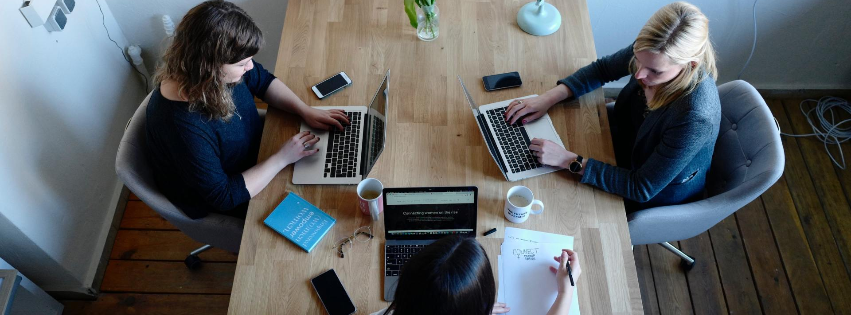How 'Presenteeism' Costs Companies Millions
Poor mental health at work costs businesses in the UK around £45 billion a year.

Poor mental health at work costs businesses in the UK around £45 billion a year, in spite of the figures suggesting that for every £1 a company invests in the wellbeing of their employees, they will see a £5 return. That is a better return than any current investment you could make.
These figures come from a Deloitte report, published in January 2020. Before COVID.
Everyone has been hit by COVID but young people, who cost employers roughly 8.3% of their salaries because of poor mental health, have been worst hit by the pandemic and its predicted effects on their futures in the workplace.
And for everyone, one of the main contributors to the cost is ‘presenteeism’ – those people who show up for work when they should be getting help. Doing your job badly, when you are depressed costs companies three times more than sick leave – which young people tend not to take, preferring to use their holidays, which then adds to their issues.
It’s a complicated era in terms of mental health problems. We are more and more aware of these issues and almost everyone discusses self-esteem, poor self-image and well-being. We talk about our feelings in a way that has probably never happened before and certainly doesn’t happen in developing countries.
And yet the figures suggest that we are more miserable than ever. There’s a lot of science to explain why and while some of it is because with easy access to food and water, we have more time available to think about our state of mind, we have also all become more sensitive to our needs. And of course with technology, we are able to constantly measure our own happiness against the perceived happiness of people we don’t even know.
What the research shows is that happiness does not come directly from self-esteem. It comes from having will-power, good habits, boundaries, motivation, goals and resilience. This allows us to be kind to others and to ourselves. In fact, to enjoy the journey to our goals and deal with the obstacles to those achievements. These strengths are the things that make us engaged, focused, live longer in a healthier state of mind and body. Happiness is a bi-product of a resilient outlook and a life well-lived.
A company with a resilient, flexible workforce, whose lives at home are also fulfilled, is going to achieve more.


